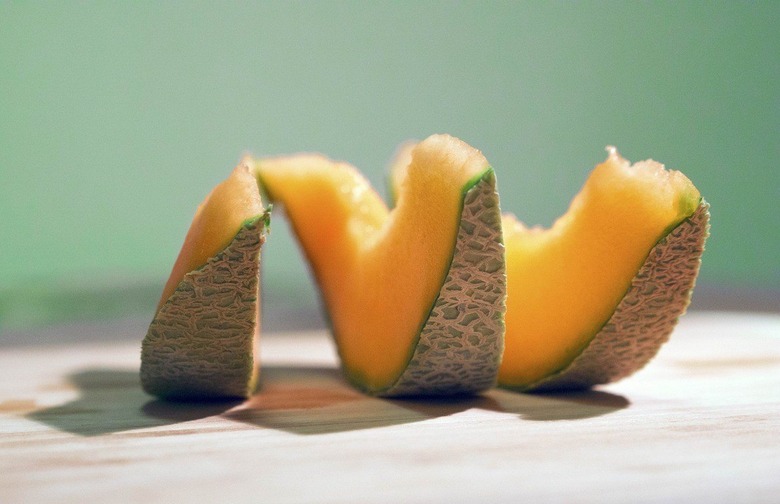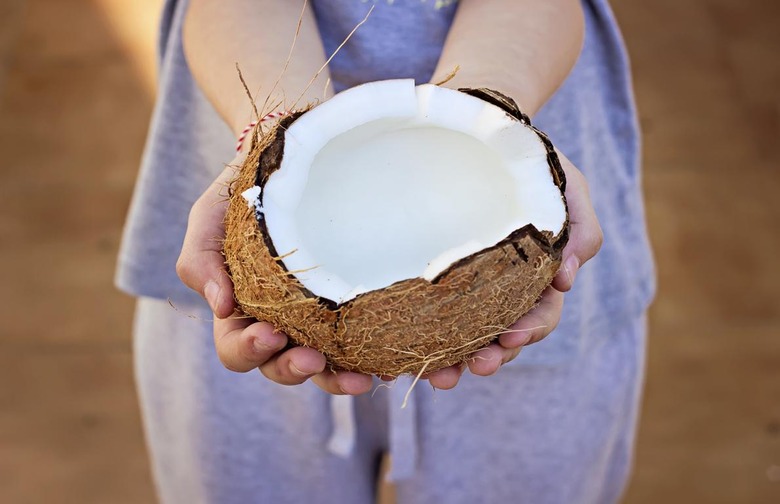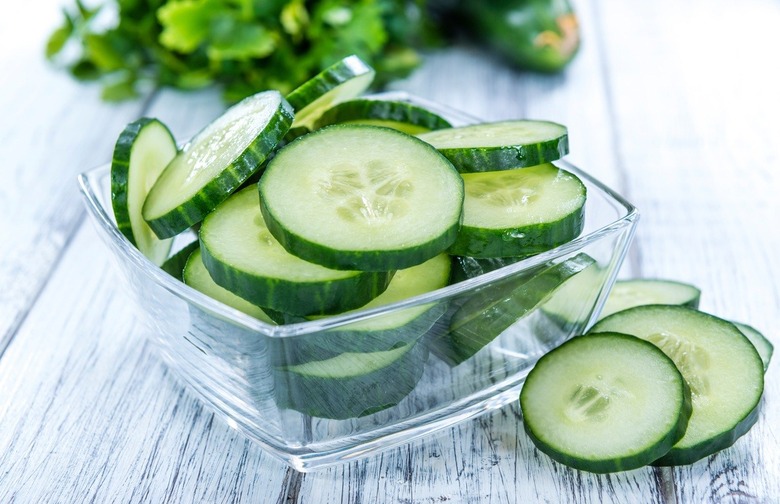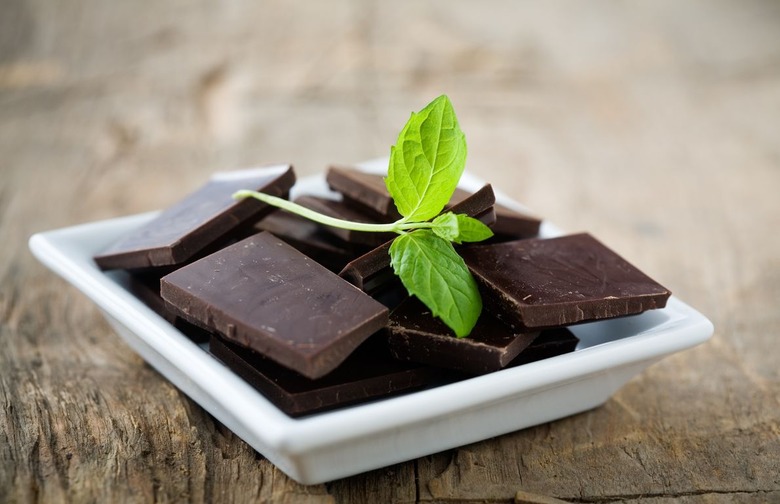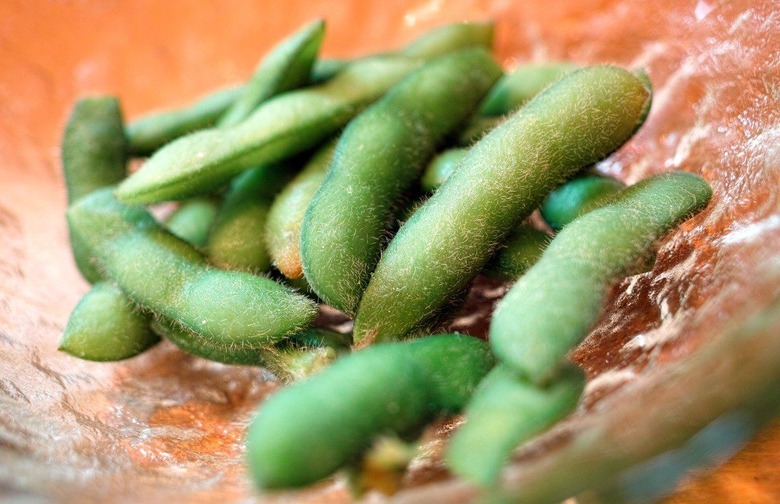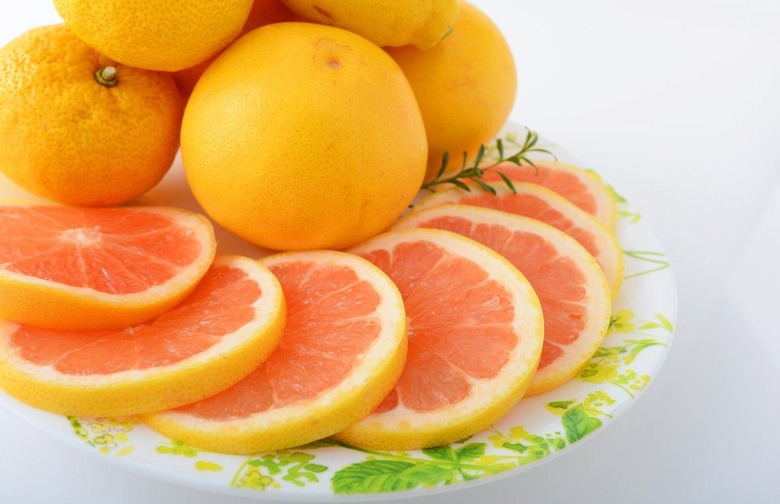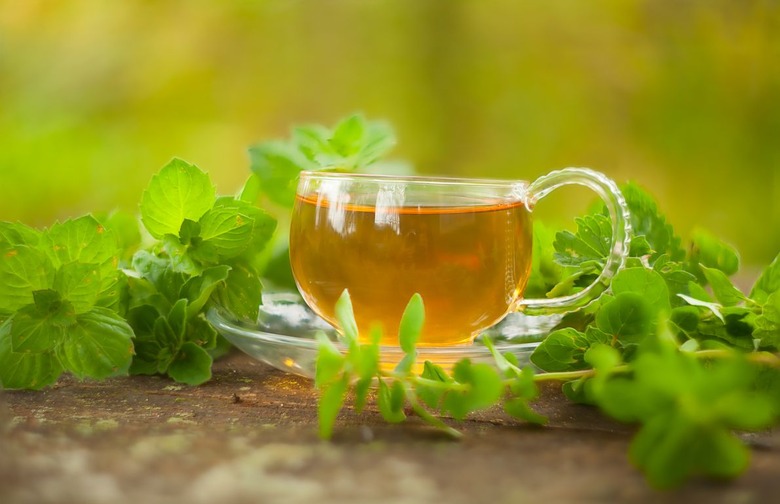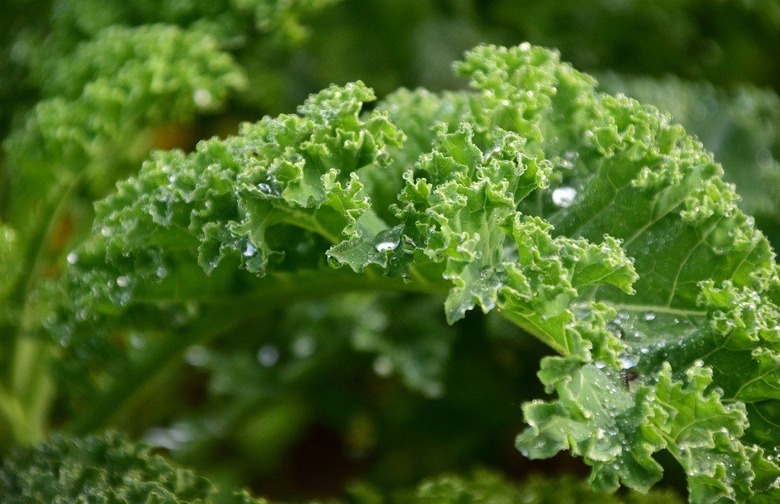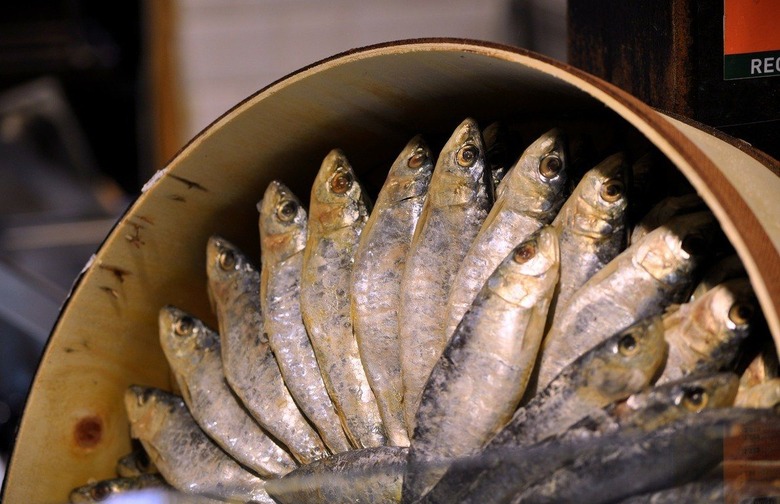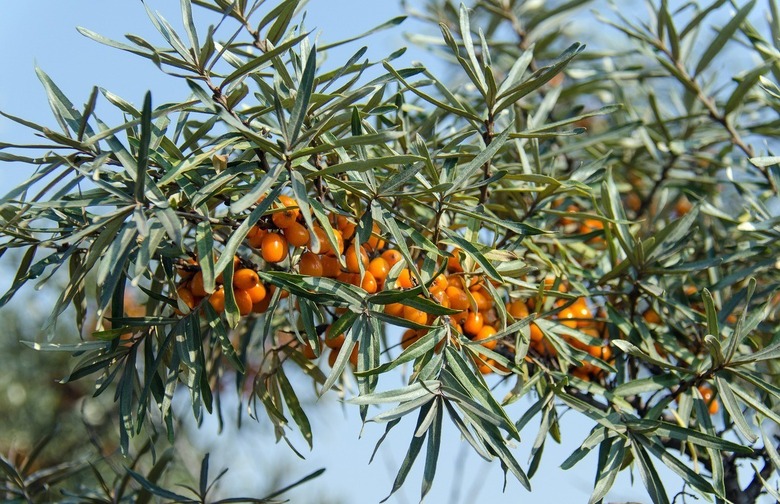11 Foods To Keep Your Skin Healthy All Winter Slideshow
The carotenoids in cantaloupe give the fruit its orange glow, but these same compounds can give you a sexy "carotenoid tan." Researchers at St. Andrews University uncovered a connection between eating fruits and vegetable rich in carotenoids and an increase in golden skin tones. So eat some colorful foods and reclaim that summer glow.
Coconut
Coconut oil can be applied directly to your skin, but eating the tropical fruit can give you the benefits without the breakouts. Coconut oil's high saturated fat content helps keep skin rejuvenated and hydrated.
Cucumber
During the winter, staying hydrated is especially important for skin health. Cucumber's high water content (96 percent) moisturizes the skin, and cukes also contain the trace mineral silica, which helps with skin elasticity and collagen health. Many over-the-counter skin products use silica as an anti-caking agent, but ingesting it through food is a more effective way to take advantage of the mineral's benefits.
Dark Chocolate
High-quality dark chocolate (not the heavily processed stuff found in your local grocery store) is rich in flavanols, which one study found to protect skin from harmful UV effects. Eating cocoa can also reduce moisture loss in skin by 25 percent, which is crucial during the dry winter months.
Edamame
Edamame (green soybeans) have a high concentration of isoflavones, which act like antioxidants to protect against damage from free radicals. Isoflavones have been found to raise collagen levels and reduce wrinkles in post-menopausal women.
Eggs
Eggs contain sulfur and lutein, two nutrients that benefit skin moisture and elasticity. Lutein can reduce the amount of skin damage caused by free radicals, while sulfur has topical applications that can help treat acne, eczema, and skin discoloration. Eggs are an incredibly versatile ingredient that can be added to a number of dishes.
Grapefruit
This sour citrus fruit can smooth out patches of dry skin. The pink-red color of grapefruit comes from the phytochemical lycopene, which can combat oxidative stress and other damage caused by an over-exposure to sunlight. One study found a positive correlation between and skin roughness and a reduced lycopene concentration in human subjects. In other words, more lycopene means softer skin. If grapefruits are too tart for you, there are other fruits and vegetables that also contain lycopene like tomatoes, carrots, and papayas. Just be careful when drinking grapefruit juice while taking certain prescription drugs: the mixture can have serious side effects.
Green Tea
The health benefits of green tea are seemingly endless, ranging from boosting your mood and relieving stress to protecting your heart and lowering blood pressure. Green tea contains epicatechin, an antioxidant that causes blood vessel dilation, allowing blood to flow more freely to the skin.
Kale
Kale is rich in vitamin C and copper, which both benefit skin health. A lack of vitamin C can hinder collagen production and weaken the skin, while copper contains melanin, a pigment that aids in protection from sun exposure. Try these recipes to reignite your love for this superfood.
Sardines
When you think of sexy skin, I doubt sardines come to mind, but these oily cold-water fish are just what the dermatologist ordered... literally. Dermatologist Dr. Nicholas Perricone notes that the sardine's omega-3 fatty acids, B-12 vitamins, and iron can defend against hair loss, adult acne, and dandruff. Canned sardines are an easy way to incorporate this tasty seafood into your diet.
Sea Buckthorn
This little-known superfood is difficult to purchase in its whole form but is widely available as an extract. It contains nine times more vitamin C than comparable citrus fruit, which helps neutralize the collagen-damaging effects of free radicals. Vitamin C can also help mitigate sunburns, and, yes, you can still get sunburned in the winter.
